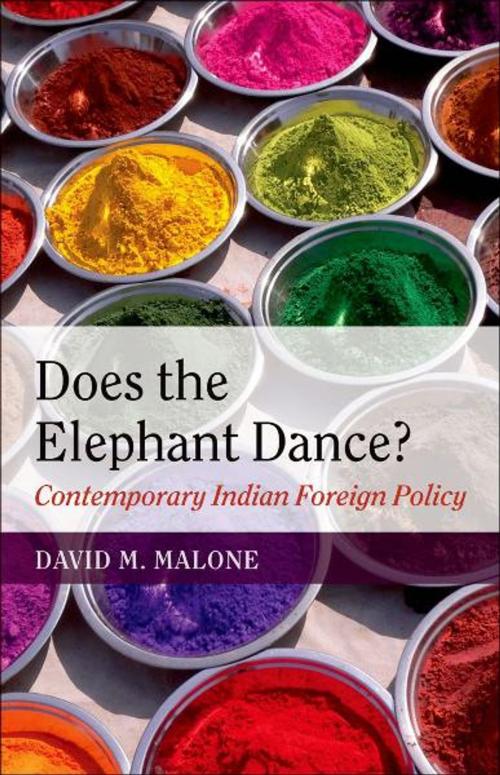Does the Elephant Dance?
Contemporary Indian Foreign Policy
Nonfiction, Social & Cultural Studies, Political Science, International, Foreign Legal Systems, International Relations| Author: | David M. Malone | ISBN: | 9780191620065 |
| Publisher: | OUP Oxford | Publication: | April 7, 2011 |
| Imprint: | OUP Oxford | Language: | English |
| Author: | David M. Malone |
| ISBN: | 9780191620065 |
| Publisher: | OUP Oxford |
| Publication: | April 7, 2011 |
| Imprint: | OUP Oxford |
| Language: | English |
India today looms large globally, where it hardly loomed at all twenty years ago. It is likely to be a key global actor throughout the twenty-first century and could well emerge soon as one of the top five global powers. Does the Elephant Dance? seeks to survey the main features of Indian foreign policy. It identifies elements of Indian history relevant to the topic; examines the role therein of domestic politics and internal and external security challenges, and of domestic and international economic factors; and in successive chapters delves into the specifics of India's policy within its South Asian neighbourhood, and with respect to China, the USA, West Asia (the Middle East), East Asia, Europe and Russia, and multilateral diplomacy. It also touches on Indian ties to Africa and Latin America and the Caribbean. India's "soft power", the role of migration in its policy, and other cross-cutting issues are analyzed, as is the role and approach of several categories of foreign policy actors in India. Substantive conclusions close out the volume, and touch, inter alia, on the absence of an organizing framework for Indian foreign policy.
India today looms large globally, where it hardly loomed at all twenty years ago. It is likely to be a key global actor throughout the twenty-first century and could well emerge soon as one of the top five global powers. Does the Elephant Dance? seeks to survey the main features of Indian foreign policy. It identifies elements of Indian history relevant to the topic; examines the role therein of domestic politics and internal and external security challenges, and of domestic and international economic factors; and in successive chapters delves into the specifics of India's policy within its South Asian neighbourhood, and with respect to China, the USA, West Asia (the Middle East), East Asia, Europe and Russia, and multilateral diplomacy. It also touches on Indian ties to Africa and Latin America and the Caribbean. India's "soft power", the role of migration in its policy, and other cross-cutting issues are analyzed, as is the role and approach of several categories of foreign policy actors in India. Substantive conclusions close out the volume, and touch, inter alia, on the absence of an organizing framework for Indian foreign policy.















